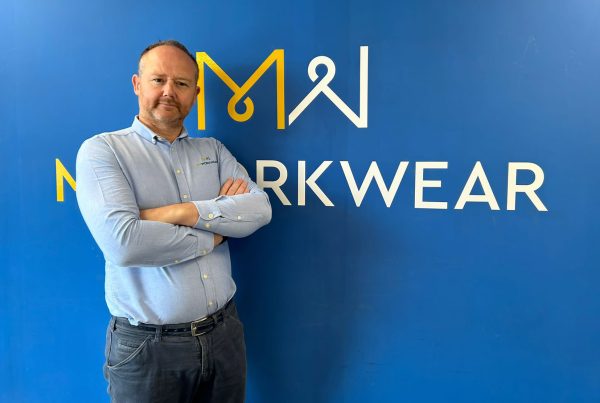- �Perfect storm� creating extraordinary rate increases, averaging at 18.8 percent
- Rates rising from average of 9 percent in 2022
- HR and finance teams advised to start conversations early to address issues
Aon plc (NYSE: AON), a leading global professional services firm, is advising UK employers that market pressures are pushing medical inflation to an unprecedented average high of 18.8 percent – a rise from a 9 percent average in 2022.
The combination of three key events in the UK are driving the increase:
- Far more people are joining Private Medical Insurance (PMI) schemes. These new joiners are from corporate employers that are expanding cover to a wider employee base or employee dependents who previously had not felt the need to join.
- One of the largest medical insurers has dropped out of the market, meaning existing schemes are largely placed with three other key insurers.
- Of the new PMI scheme joiners, more are claiming from day one, wanting to counter significant delays in treatment from the National Health Service (NHS). Claims have increased by 29.5 percent and claimants are up by 31 percent (month by month averages in 2022 versus 2023).
These market pressures will impact employers significantly, and specifically HR and finance teams, which will need to find solutions or address costs, that, in some cases, have risen by over 50 percent.
Chris Simmons, chief broking officer, Health Solutions UK, Aon, said:
�Previously, it would have been possible to broker a favourable price by analysing needs, reviewing the market and potentially switching providers, but many providers are at full capacity due to the growing demand and there are fewer savings to be made. Our guidance to employers is to discuss this early with specialist consultants and consider all options to mitigate any impact and make better decisions.
�We are seeing far greater use of private medical benefits, which is also shown by digital general practitioners (GPs) experiencing a 50 percent utilisation, leaping from 15 percent in 2022. Traditionally, NHS GPs refer further treatment through the NHS. However, people who use a digital GP are automatically referred to private medical care.�
Rachel Western, principal, technical team, Aon UK, added:
�HR and finance teams are likely to have different approaches to this problem, with HR having a responsibility to employee wellbeing, attraction and retention, while finance has a responsibility to reduce premium costs in an economically challenging period. There are actions they can take to help the problem � benefit redesign, different funding options and focusing on a preventative health strategy to bring down claim costs. Our recommendation is for HR and finance teams to bring each other into the conversation in order to consider both the strategic and health needs of the organisation and build a more resilient workforce.�
Aon will hold a webinar on Tuesday 11�July at 10 a.m. to discuss this trend and provide guidance. To learn more and register, please visit Broking Insights: Extraordinary Increases in Medical Insurance Premiums Have Arrived.
About Aon
Aon plc�(NYSE: AON) exists to shape decisions for the better � to protect and enrich the lives of people around the world. Our colleagues provide our clients in over 120 countries and sovereignties with advice and solutions that give them the clarity and confidence to make better decisions to protect and grow their business.




